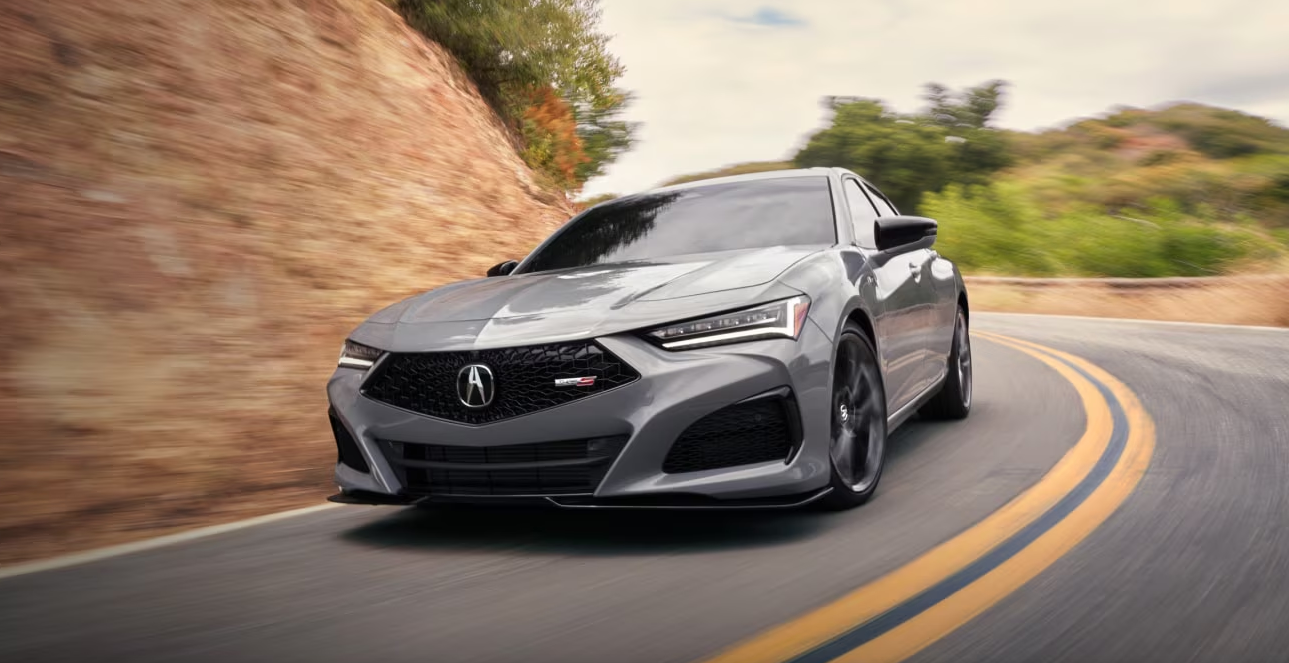According to foreign media reports, Honda's luxury brand Acura will cease production of its mid-size sports sedan TLX this month to adapt to changing consumer demands and automotive industry trends. The second-generation TLX is one of the last two sedans in the Acura product lineup. After the TLX is discontinued, the entry-level model Integra will become Acura's sole sedan product, with a facelift planned for 2026. Acura is increasingly focusing on its crossover lineup, aligning with trends in the American market. Stephanie Brinley, Associate Director of Mobility at S&P Global, stated, 'Even in the luxury vehicle segment, the trend of consumers shifting towards SUVs or crossovers has never stopped.' She noted that while sedans remain more popular in the luxury market compared to the mainstream market, their market share continues to decline. The share of luxury sedans in the luxury market dropped from 22% in 2022 to 18% last year. Last year, due to Honda's integration of production for the Accord, Integra, and TLX onto a single production line in preparation for electric vehicle production at the Marysville Auto Plant in Ohio (including the upcoming sporty compact crossover RSX), TLX sales significantly declined. In 2024, TLX sales totaled 7,478 units, a 55% year-on-year decrease. Brinley explained, 'The production adjustments impacted TLX sales because the factory was unable to produce the model normally. Furthermore, with the facelift of the Accord on the horizon, Honda had to decide whether to allocate resources to both models or simply abandon TLX.' The Accord is a crucial model for Honda, while the TLX is only sold in the U.S., Canada, and the Middle East. In the first half of 2025, TLX sales reached 3,634 units, down 14% year-on-year. Although the decline in sales has slowed, Brinley noted that the first-half sales figures do not accurately reflect market demand due to uncertainties around tariffs that prompted many consumers to make early purchases. Acura's opportunities lie in its crossover models. The three-row MDX is the brand's best-selling vehicle, followed closely by the compact RDX. The newly launched ADX, aimed at the entry-level compact crossover segment, is also seeing increased sales. These models help attract younger consumers, which is a key component of Acura's growth strategy. Acura is also focusing on the electric vehicle sector. The performance of the five-seat ZDX all-electric SUV continues to improve, while the RSX, scheduled for launch next year, will be the first electric vehicle built on Honda's self-developed platform. Brinley stated that as the production of the RSX ramps up, the discontinuation of the TLX will reduce production complexity at the factory. She said, 'While this won’t create a significant amount of additional capacity for Honda's plants, it will at least alleviate the current pressures of mixed-line production.' Despite fluctuations in current EV market demand causing adjustments in transition pace, Acura has indicated that it will ultimately transform into a fully electric vehicle manufacturer.
Acura to Stop Production of TLX Sedan Amid Changing Consumer Demand

Share this post on: